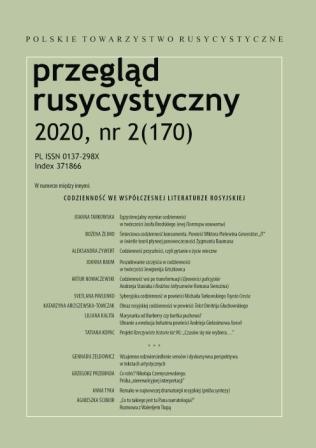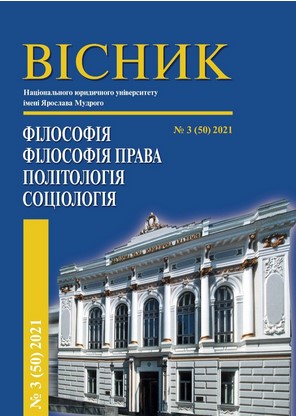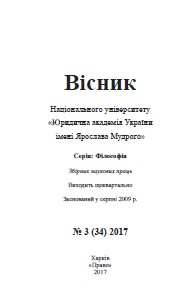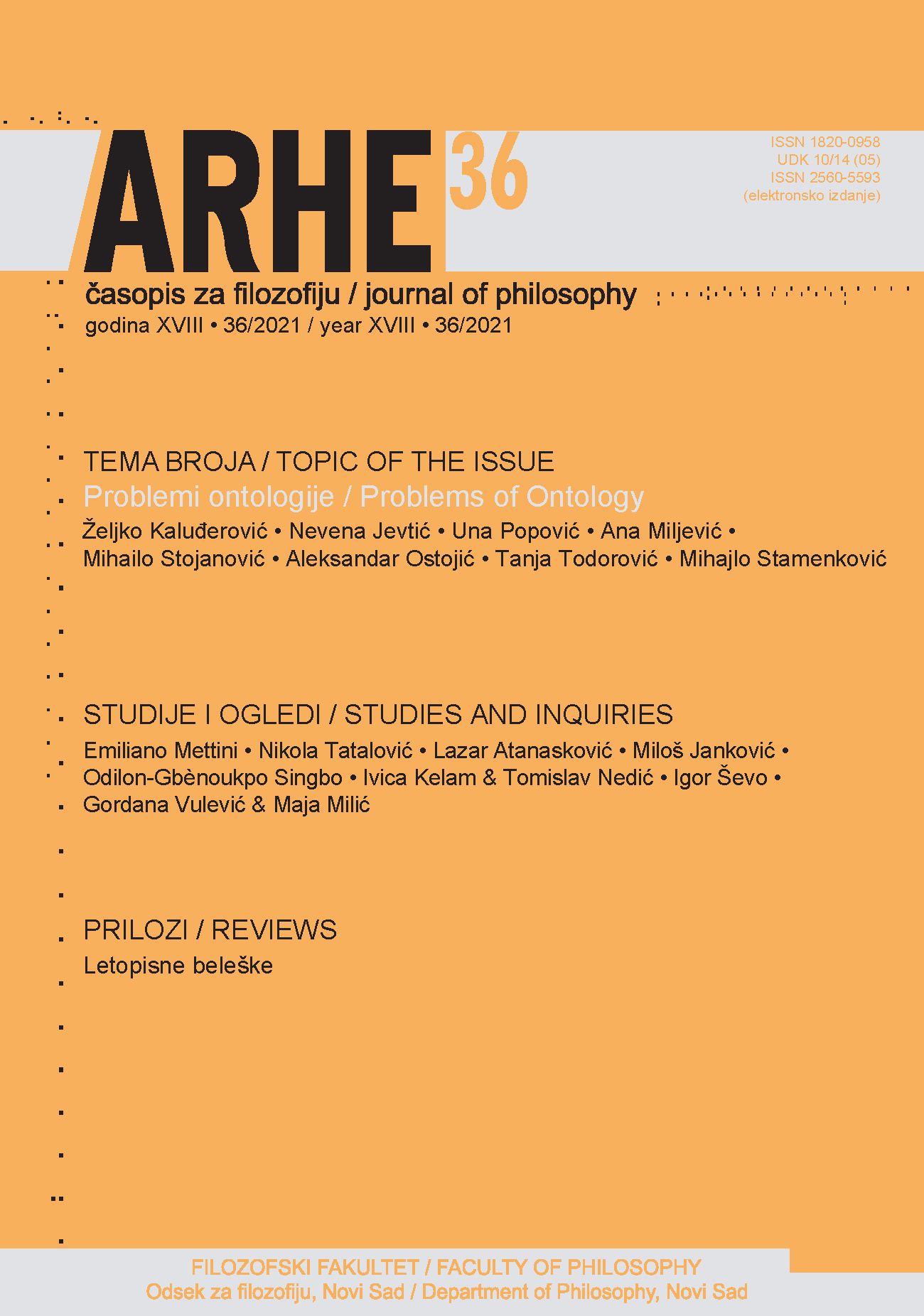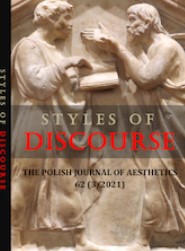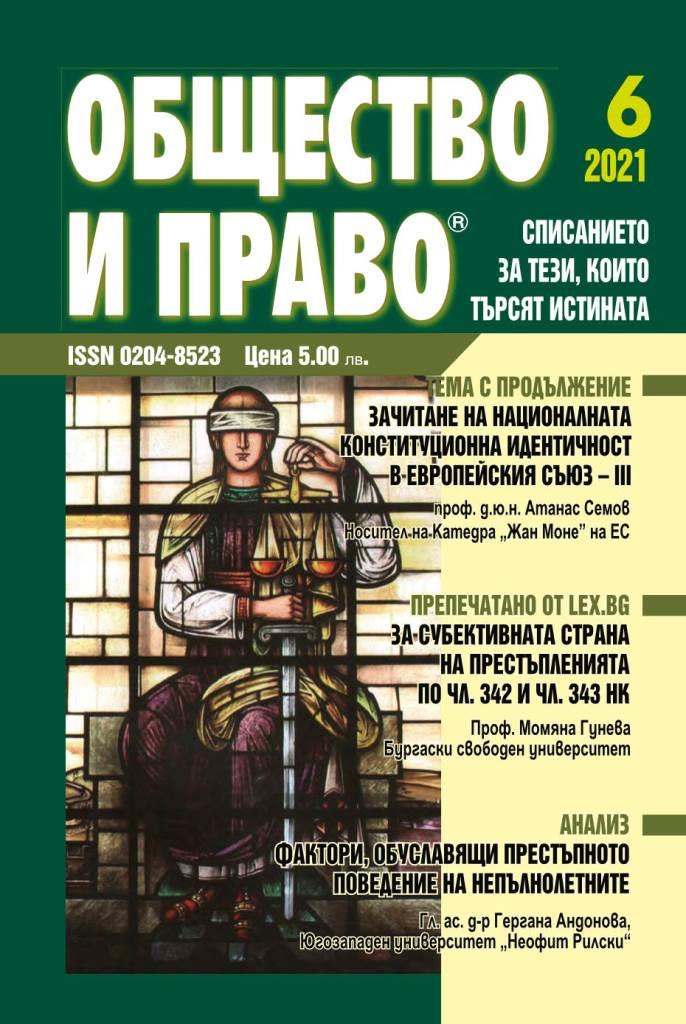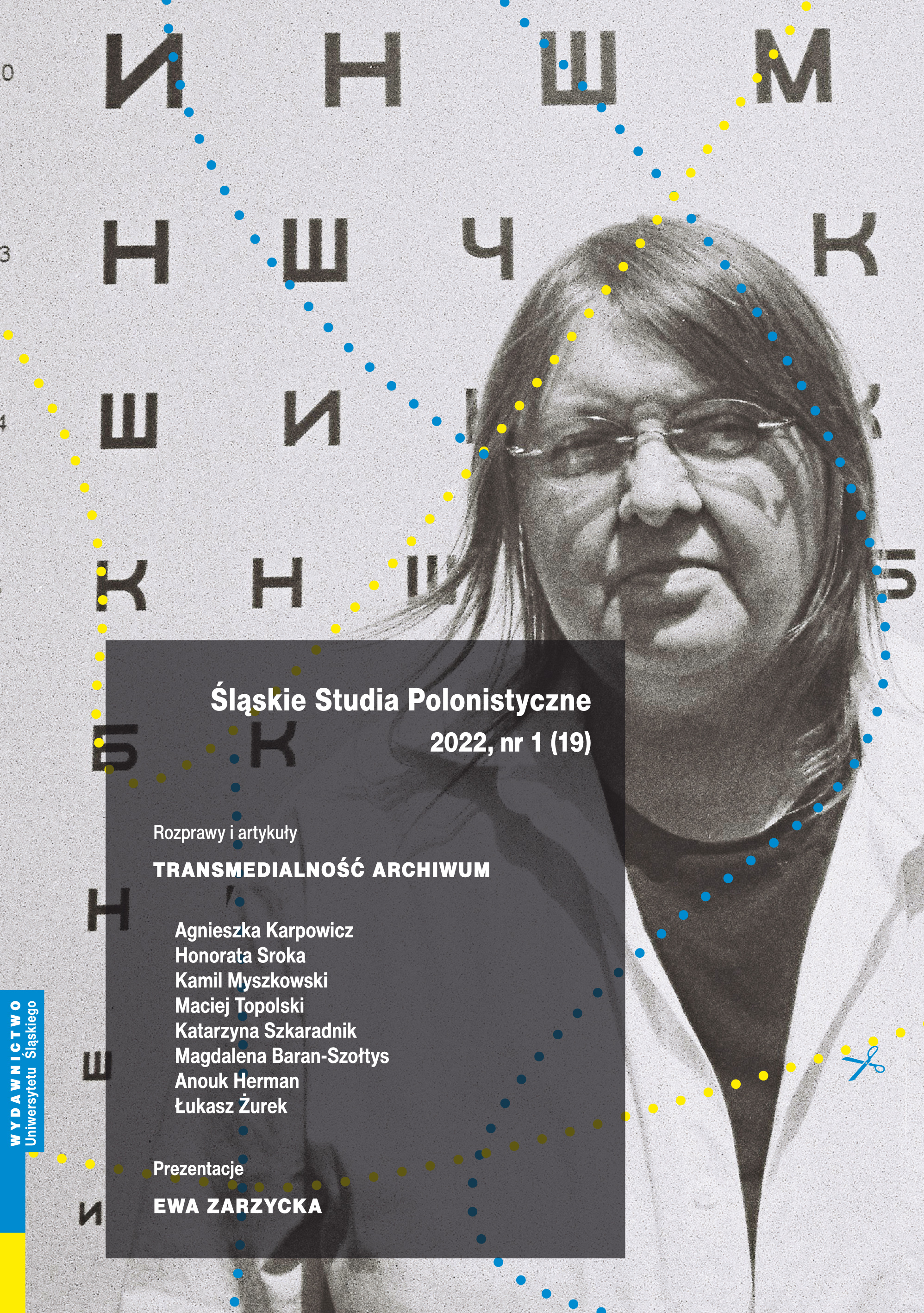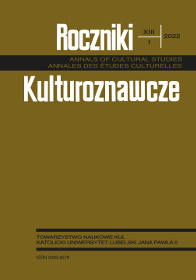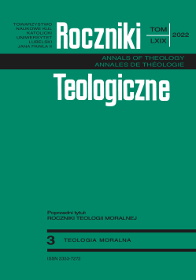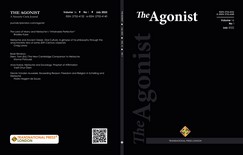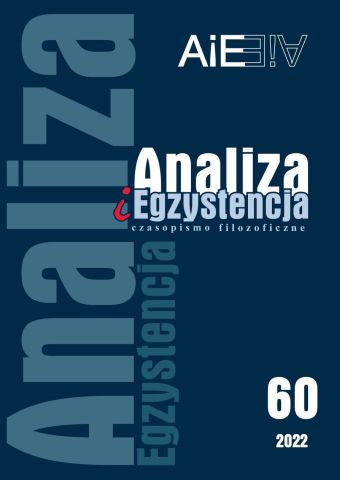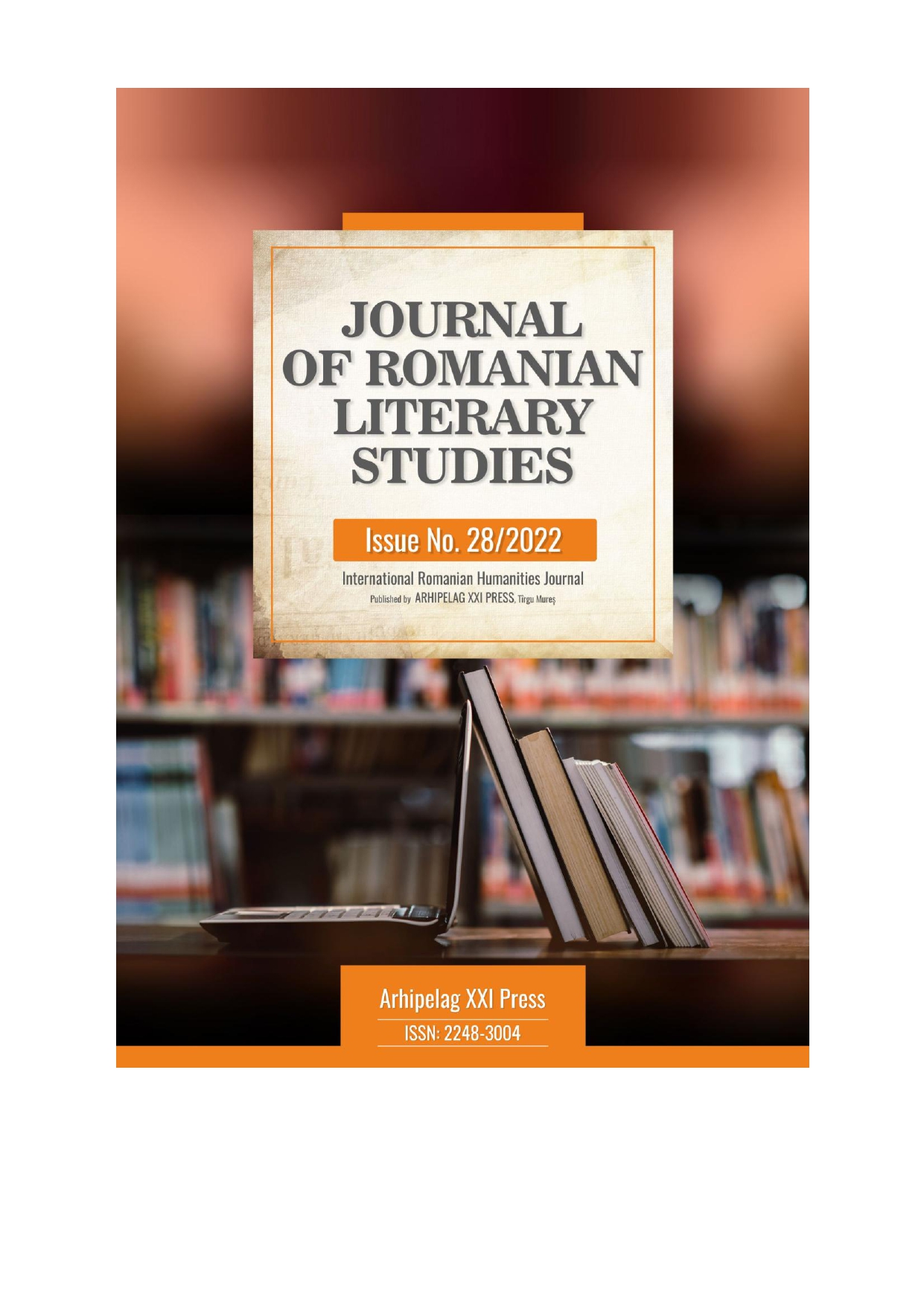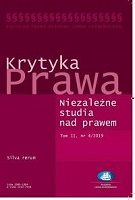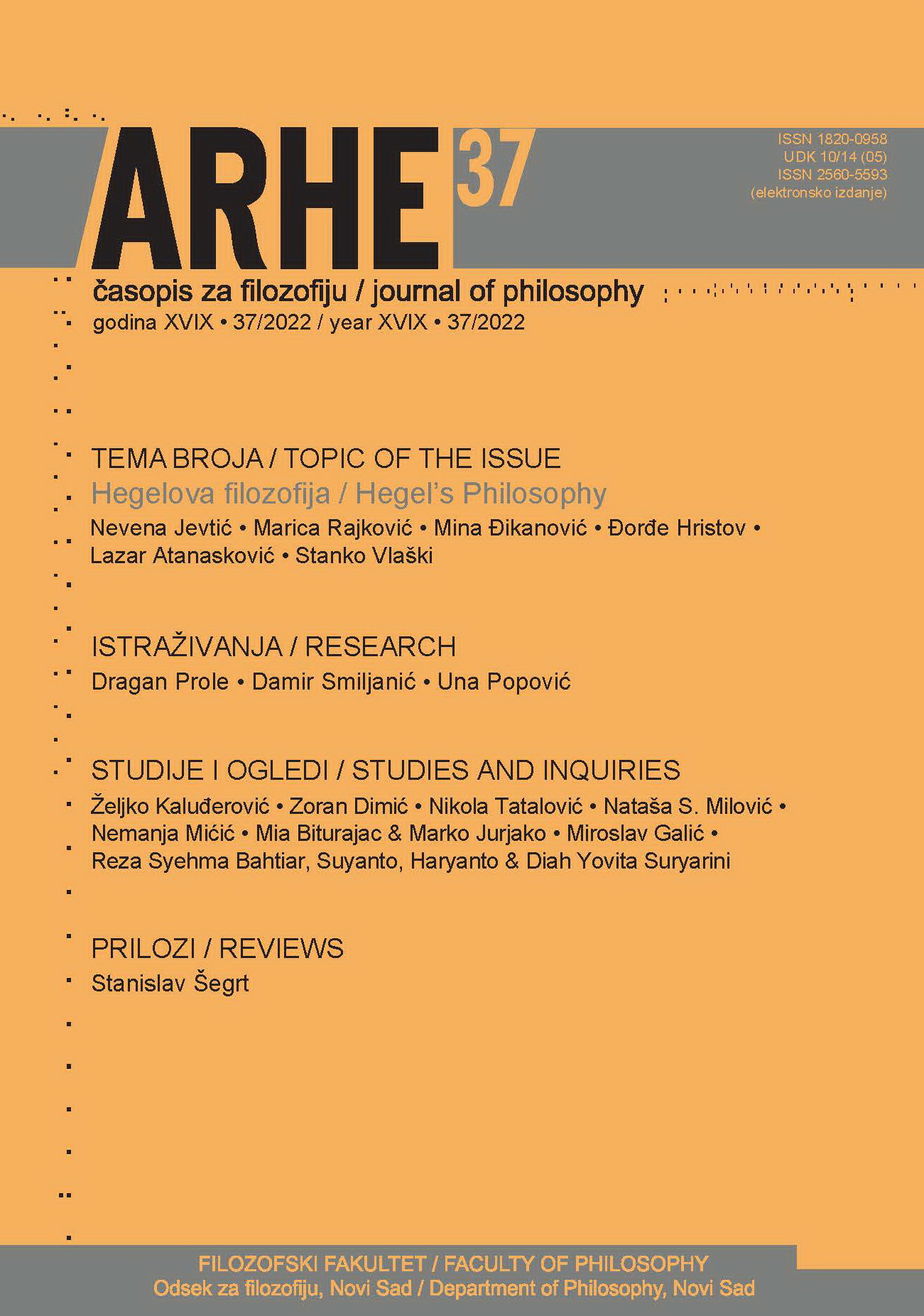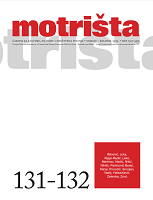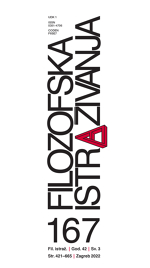Hannah Arendt i politička teologija: premješten susret
Zadnjih godina vidjeli smo neočekivan porast interesa za odnos između religije i politike. Samouvjerenost koju je liberalna demokracija stekla nakon pada komunizma ubrzo je splasnula s usponom raznih vjerskih pokreta koji su zahtijevali svoje mjesto u javnosti ili otvoreno izjavili kako se protive sekularnom političkom poretku. Dakle, dok smo na početku 1990ih svjedočili bujanju optimizma glede političke stabilnosti, prosperiteta i demokratizacije u narednom razdoblju, pa su neku najavili »kraj povijesti«, zbog provale vjerskoga nasilja na Balkanu, Srednjem istoku, Indiji i mnogim drugim krajevima, a napose zbog 11. rujna i njegovih posljedica, postalo je jasno da nakon poraza socijalističke alternative nisu potpuno zgasnule eshatološke nade. Nagli povratak vjerskoga u politiku nagnao je znanstvenike da ozbiljno razmotre prosvjetiteljsko stajalište kako će snage koje je oslobodio modernizam naposljetku potpuno osla- biti utjecaj religije na političku maštu. Konkretno, postavljeno je pitanje je li vjerovanje u politički poredak koji se ne poziva na neki transcendentalni apsolut puka iluzija. Možda je teokracija samo potisnuti dvojnik liberalne demokracije koji se opet pojavio kao svojevrsni deus ex machina u vremenu kad je postalo razvidno da je demokratska vlast ustvari temeljena na skupu aporijskih koncepcija.
More...
